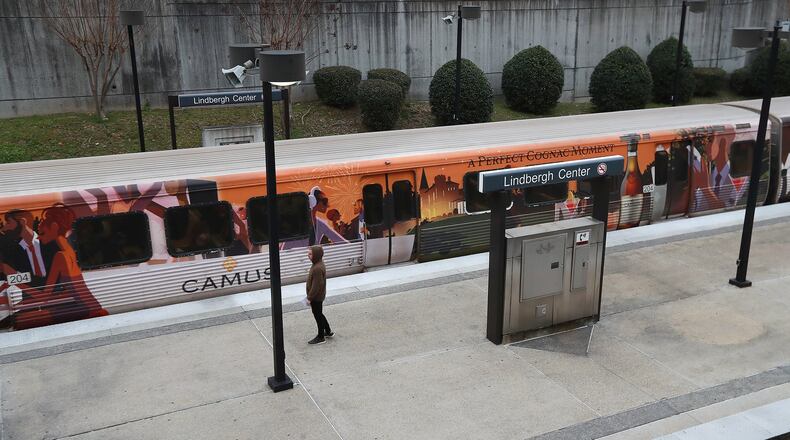Gwinnett County leadership pulled an end run around citizens last month when they held a referendum on a tax to enter the MARTA system. It should never have been held as a standalone vote and the numbers support this.
Only 92,243 votes were cast. While the move to join MARTA was defeated, the number of total votes cast paled in comparison to the general election just 4 months earlier. More than 314,000 people voted then.
So, what explains holding a separate referendum in March, when only 17% of Gwinnett voters would turn out to vote on such an important issue? We all know the answer. Gwinnett leadership was never really committed to the idea of expanding public transportation, so they scheduled this vote on an obscure date when it had the smallest chance to succeed.
The numbers bear out this strategy of suppressing the will of the citizens. In the November election, the results showed Gwinnett decisively becoming a Democratic county. Gubernatorial candidate Stacey Abrams, a Democrat, bested her opponent Brian Kemp by an overwhelming 57 percent to 42 percent. Every politician in the state recognizes that Democratic voters show high correlations of support for mass transit.
Furthermore, the results of the November election are strongly consistent with a poll commissioned by the Gwinnett Chamber of Commerce just a few years earlier. In the 2015 poll, 63 percent of likely voters said they were in favor of expanding MARTA into Gwinnett.
Gwinnett leaders made a cynical move by appearing to solicit voter input on this important issue. Scheduling the vote in a separate referendum, they showed what outcome they really wanted.
Our company owns numerous office buildings in Gwinnett County and we see every day just how important it is for business to have multiple ways to get their employees moving smoothly to and from work. If their employees are sitting in traffic, with no alternatives to their cars, they ultimately go to work somewhere else that has more transportation options and less traffic. We see that counties that have invested in mass transit are getting higher real estate rental rates and higher values, which ultimately enhances county tax bases. The correlation between mass transit investment and return on investment is direct and irrefutable.
Over the past few years, numerous investors, buyers and lenders have told us that Gwinnett is a “no fly zone” for them. We are certain that one of the reasons is continued resistance of leadership to fully embrace investing in mass transit.
NCR pulled up roots in Gwinnett County and moved to Midtown Atlanta. This month, financial technology company Fleetcor announced it was moving its headquarters from Gwinnett County to Buckhead, signing a 46,000-square-foot lease. It is well known that accessibility to public transportation was one of the reasons for both companies making this move. Commerce is making its voice heard, even if political leadership refuses to engage the voting public in a responsible and inclusive way.
When the Gwinnett Chamber of Commerce published the results of their 2015 poll, Steven Voorhees, CEO of one of Gwinnett’s most important corporate citizens RockTenn, told the AJC that better access to rail would help development in the county. Voorhees said that embracing rapid transit was “really important for Gwinnett”.
It is worth noting that Voorhees soon merged his company with MeadWestvaco Corp. in 2015 and formed the WestRock Company. Where is the merged company now? Well, in 2017 Westrock announced they were leaving Gwinnett for Fulton County and moving 800 employees to the North Park office complex in Sandy Springs. Voorhees told the AJC that “Access to MARTA and key transportation hubs will also benefit our employees in the region.”
The end-run Gwinnett leaders made around the full voting public with this unusual scheduling of the referendum should not be forgotten by voters in the next general election. Leadership should be punished for this arrogant and cynical move that goes against the general will of the public. What happens when the sentiment of the public, whether divined or expressed at the ballot box is ignored? Sometimes people vote with their feet.
About the Author
Keep Reading
The Latest
Featured

